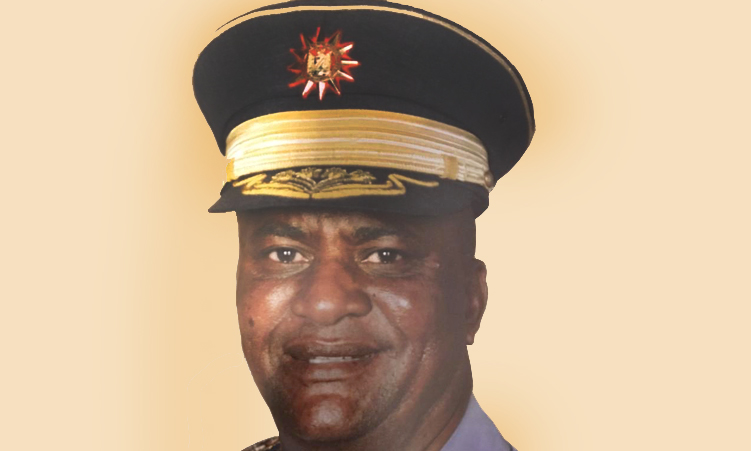The Responsibility to Protect, also known as the R2P doctrine, is a global political commitment endorsed by the United Nations (UN) General Assembly in 2005.
It is an international norm that seeks to ensure that the international community never again fails to halt war crimes, genocide, ethnic cleansing and crimes against humanity.
In 2008, the Global Centre for the Responsibility to Protect (GCR2P) was founded to promote the doctrine of Responsibility to Protect.
The doctrine has been central to a number of UN Security Council resolutions, starting with Resolution 1706 on Darfur in 2006,.
It was followed by resolutions on Libya, Cote d’Ivoire and Yemen, all issued in 2011.
The Responsibility to Protect rests equally on three pillars: (1) each state’s responsibility to protect its population; (2) the responsibility of the international community to help states protect their populations; and, (3) the international community’s responsibility of protection when a state manifestly fails to protect its population.
When adopted, this principle included expectations of a future free of the crimes mentioned above.
This year, the R2P Global Centre issued five warnings – before the current conflict in Gaza – about atrocities committed by Israel in the occupied Palestinian territories.
A 31 August report highlighted the “systematic nature of Israel’s human rights violations and inhuman acts”, including collective punishment and the imposition of ‘apartheid’.
R2P’S ROOTS
The root of the R2P doctrine can be traced back to international reaction to mass atrocities in conflicts in Bosnia, Rwanda and elsewhere in the 1990s.
In the run-up to the adoption of the R2P doctrine, many regional and international actors felt compelled to intervene in civil conflicts.
Since the early 1990s, the Organisation of African Unity (OAU), now the African Union (AU), has championed a more proactive stance towards promoting peace, security, democracy and development on the continent.
In addition, sub-regional bodies such as Ecowas in West Africa and IGAD in East Africa have been involved in tackling protracted conflicts in their neighbourhoods, often intervening militarily to end civil wars or reverse military coups.
The R2P doctrine goes beyond habitual international peacekeeping by making sovereignty a cornerstone of the UN system conditional.
Importantly, the UN was established on the principle of deterring mass atrocities, such as the Holocaust.
During the current crisis and tragedy in the Palestinian territories, many hoped the R2P doctrine would be speedily implemented.
FAILURE
The doctrine stipulates that international intervention to protect civilians should happen only when the relevant sovereign state fails to discharge this responsibility.
In such cases, the international community should try to assist the affected state or intervene peacefully.
Further, military intervention should be a last-resort proportional measure, with good intentions and reasonable prospects of success.
Article 39 of the Outcome of the Document stipulates “we are prepared to take collective action, in a timely and decisive manner, through the Security Council … should peaceful means be inadequate and national authorities are manifestly failing to protect their populations from genocide, war crimes, ethnic cleansing and crimes against humanity”.
The situation in Gaza and the West Bank warrants the immediate application of the R2P doctrine.
WAR CRIMES
Israel is committing a growing number of war crimes in the Palestinian territories, systematically targeting civilian residences, forcibly displacing over a million people, and intentionally depriving the civilian population of food, water, medicine and fuel.
As occupied territories, Gaza and the West Bank have no independent statehood and no recognised government.
They should therefore be in the R2P doctrine’s first line of civilian protection.
Unfortunately, it seems that in the eyes of those countries that wield influence and power globally, it is probably unlikely.
Ironically, these countries are some of the erstwhile champions of the R2P doctrine.
The UN in particular is doubly responsible for the current plight of the Palestinian people.
In 1947, it passed a resolution that created the state of Israel, but since then has failed to face up to the consequences of its actions.
The resulting dispossession and continued victimisation, including apartheid policies, of the Palestinian people have not resulted in resolute international action.
Where is the United Nations?
- Major general JB Tjivikua served in the Namibian Police for 27 years.
Stay informed with The Namibian – your source for credible journalism. Get in-depth reporting and opinions for
only N$85 a month. Invest in journalism, invest in democracy –
Subscribe Now!






